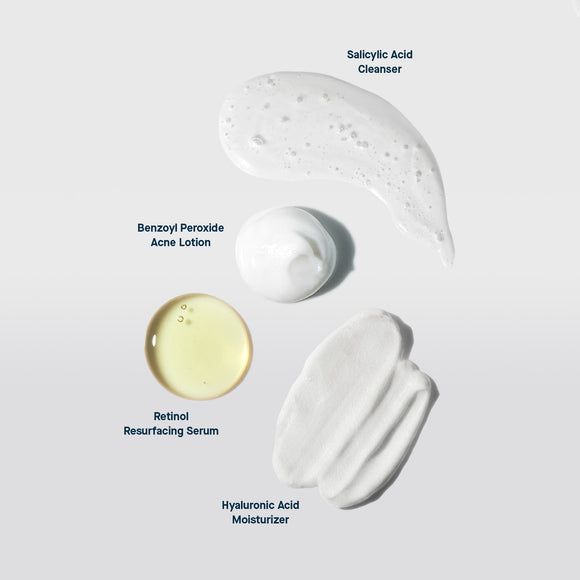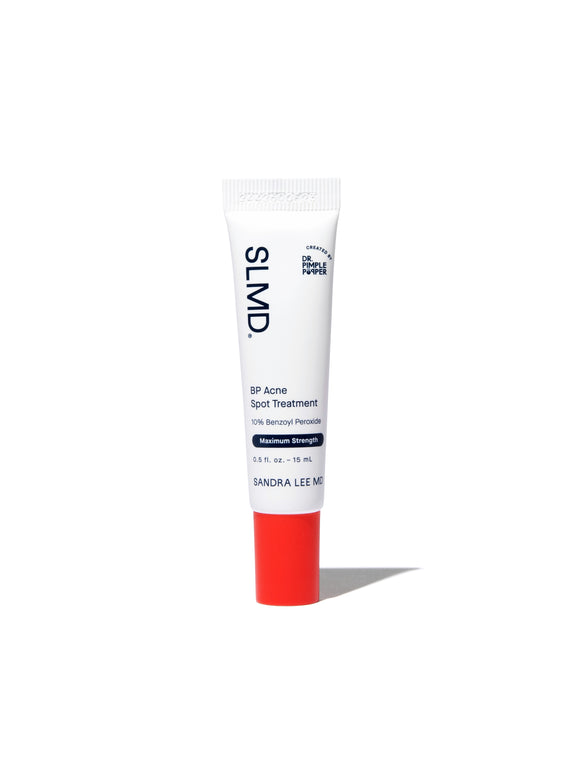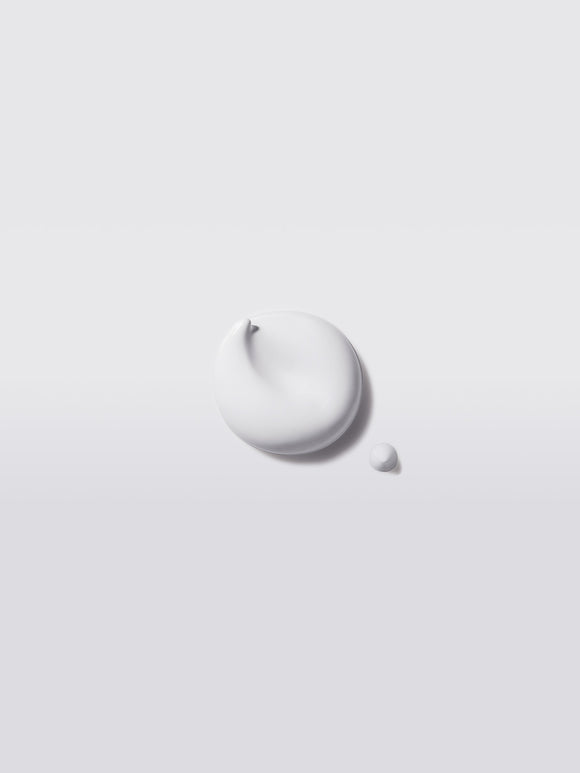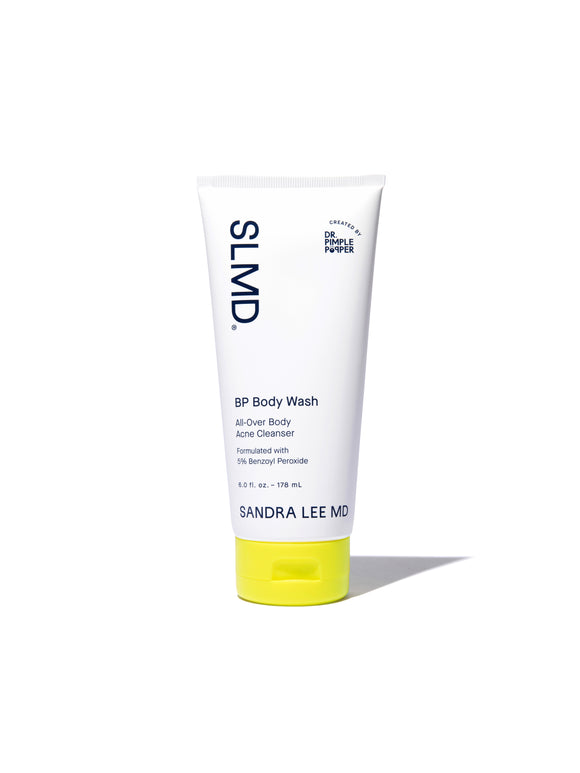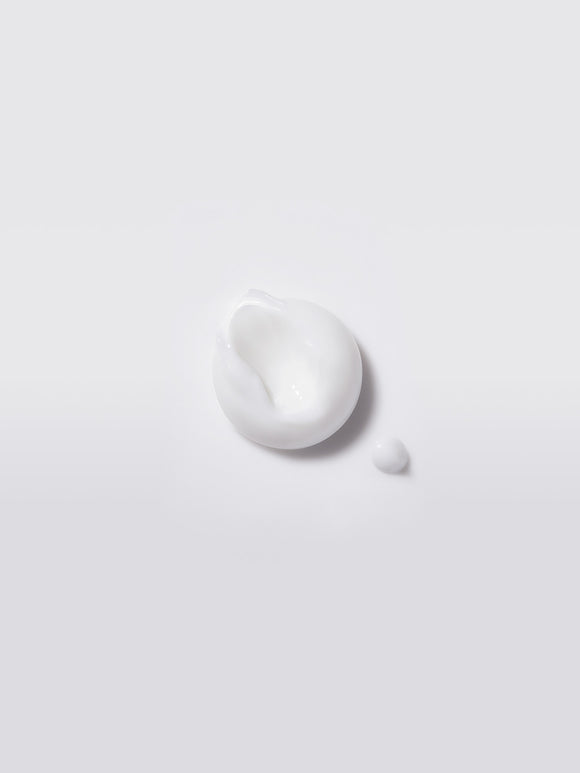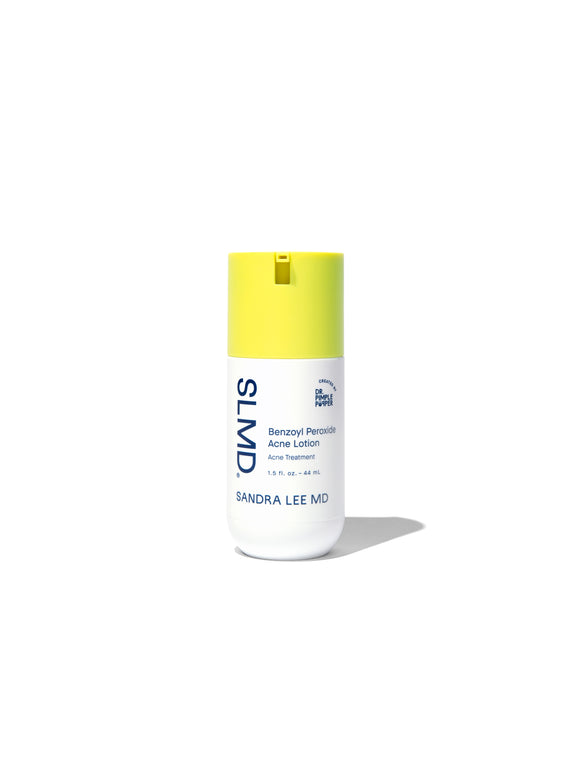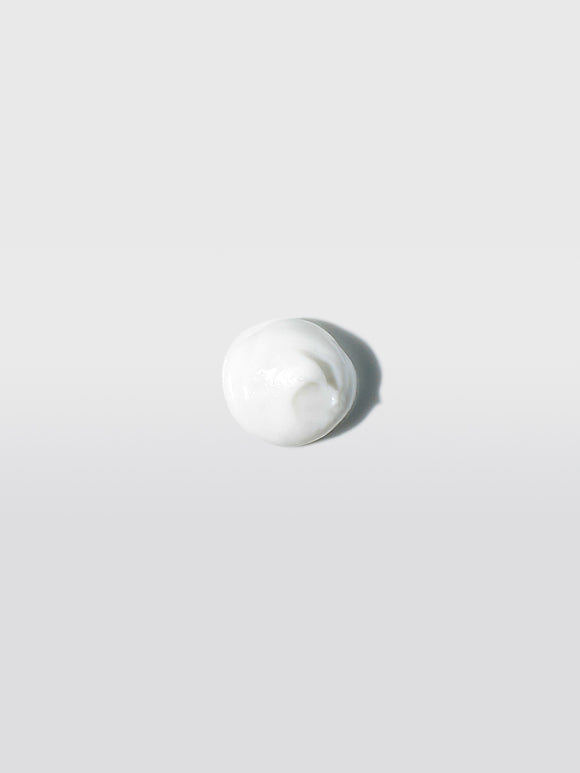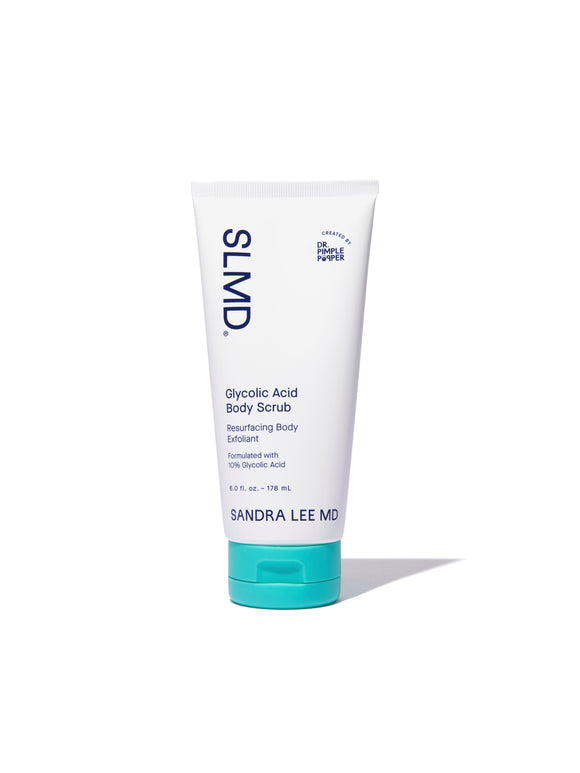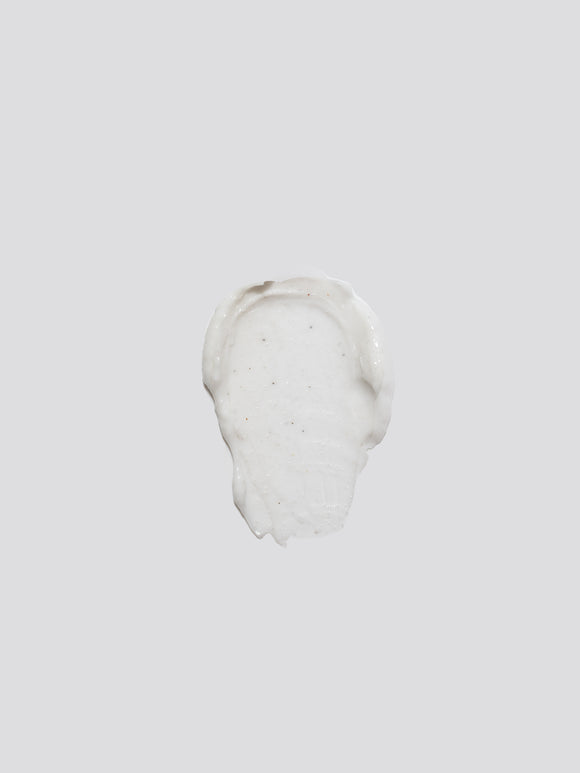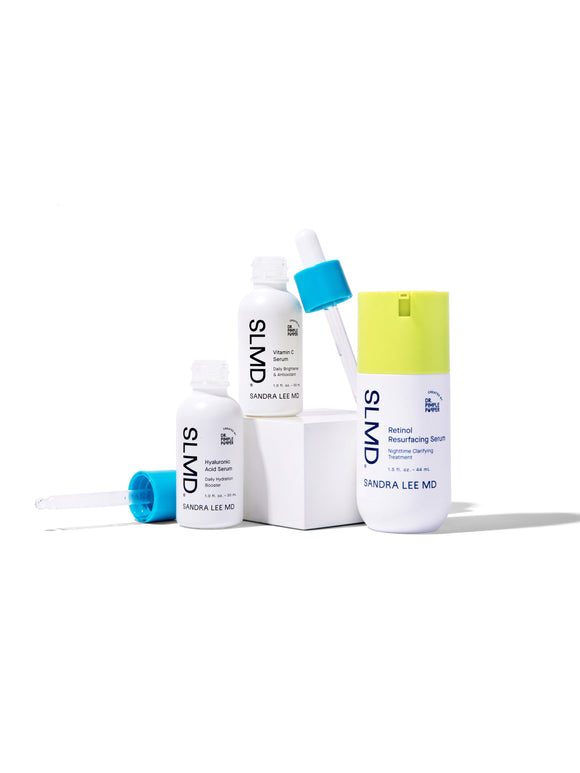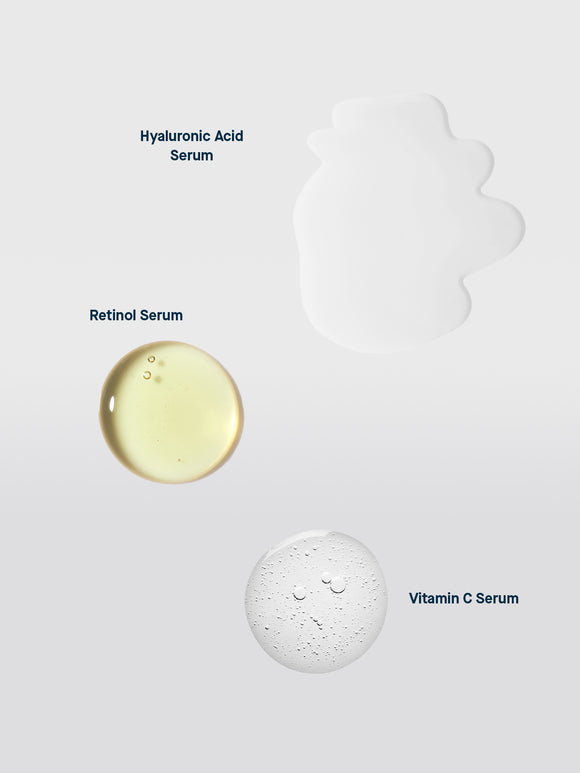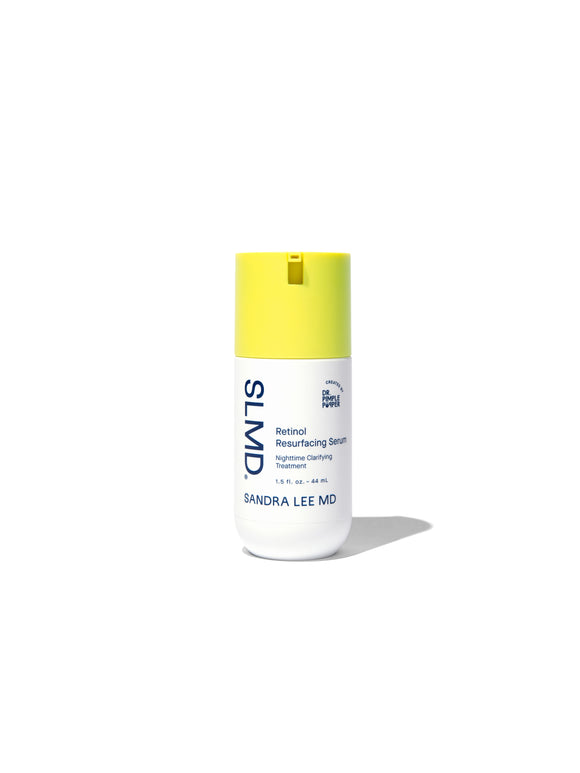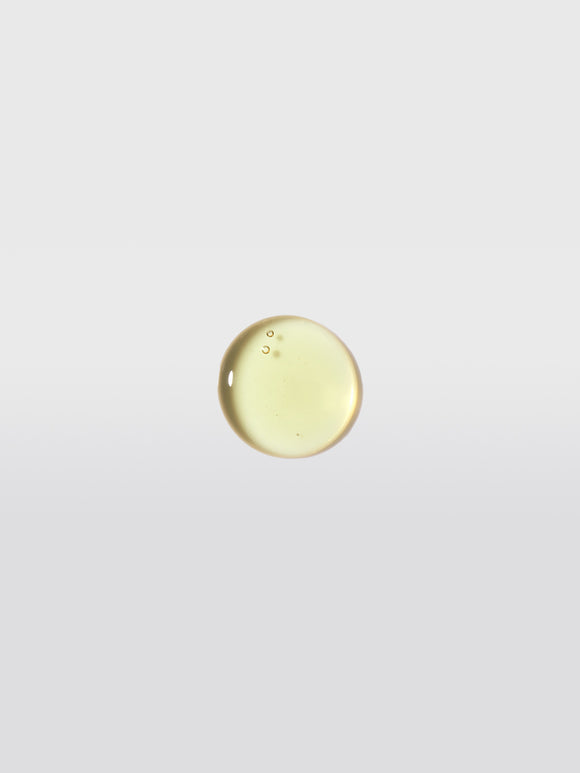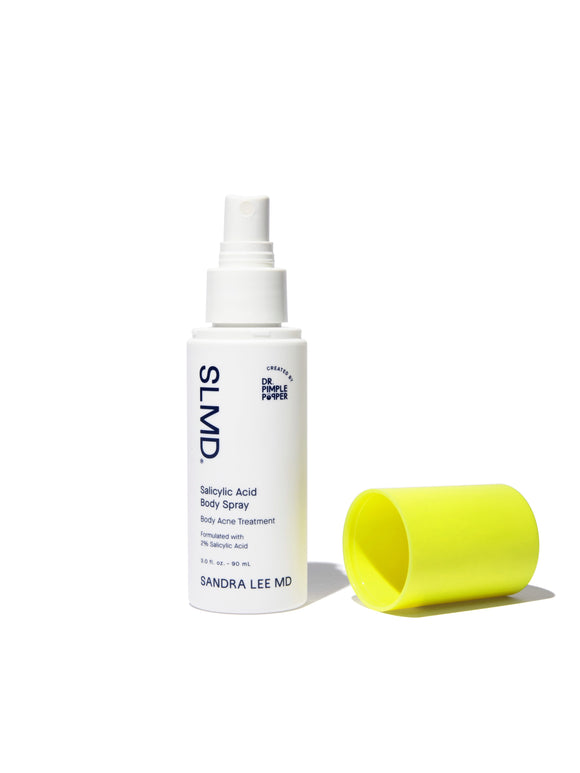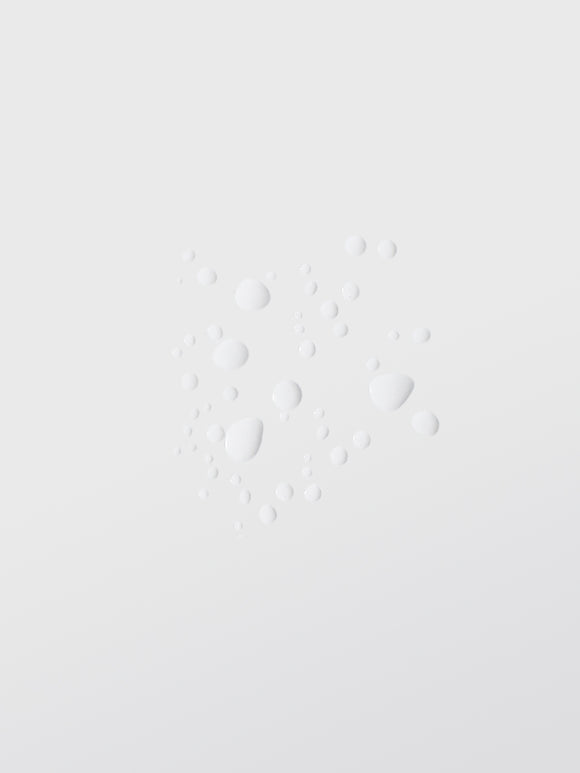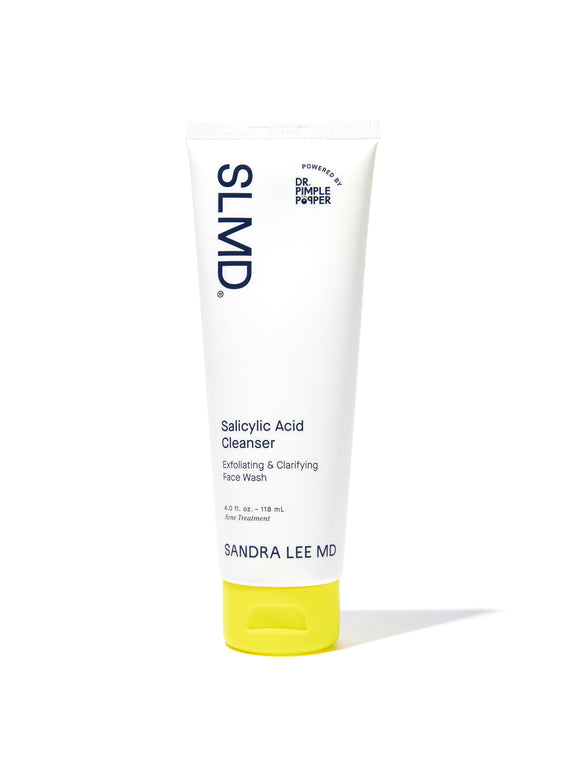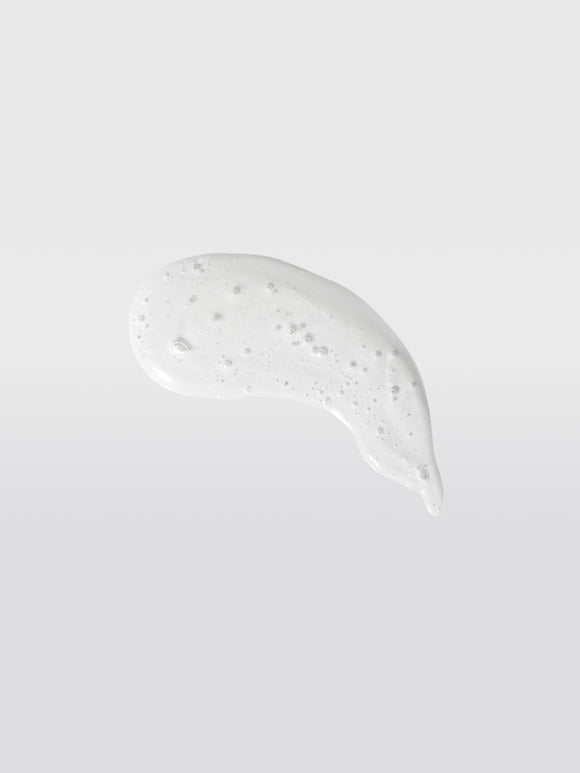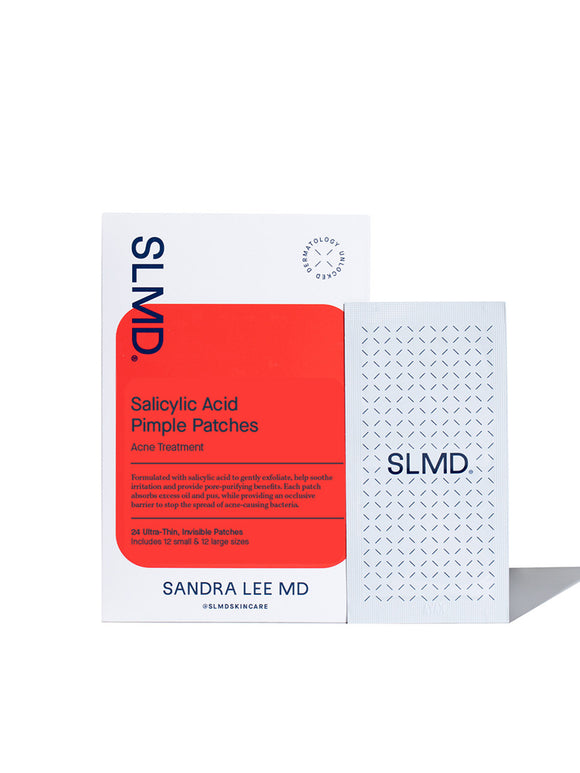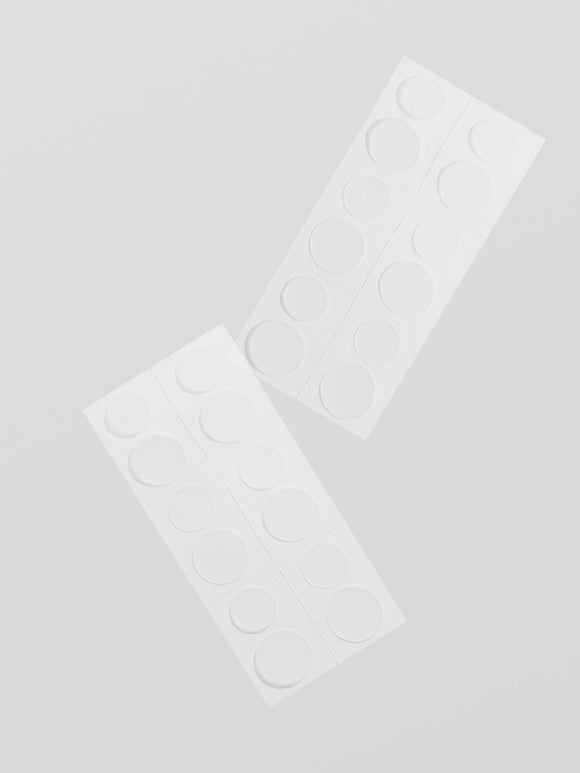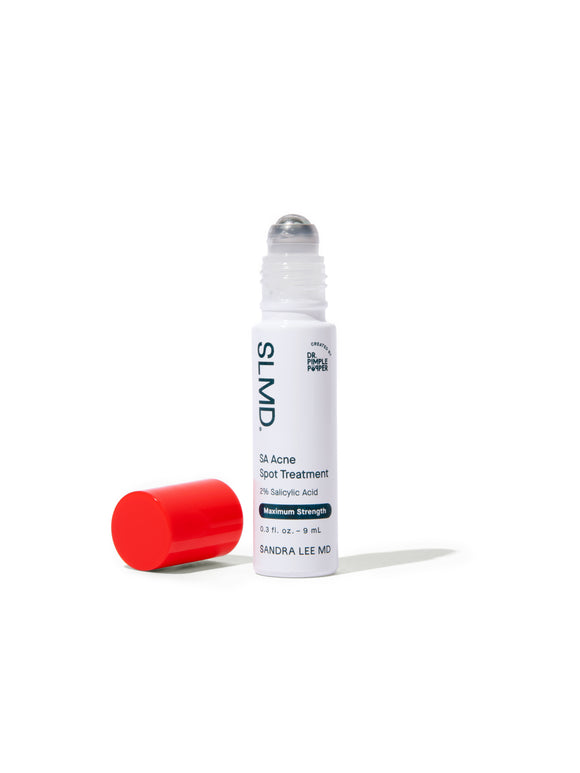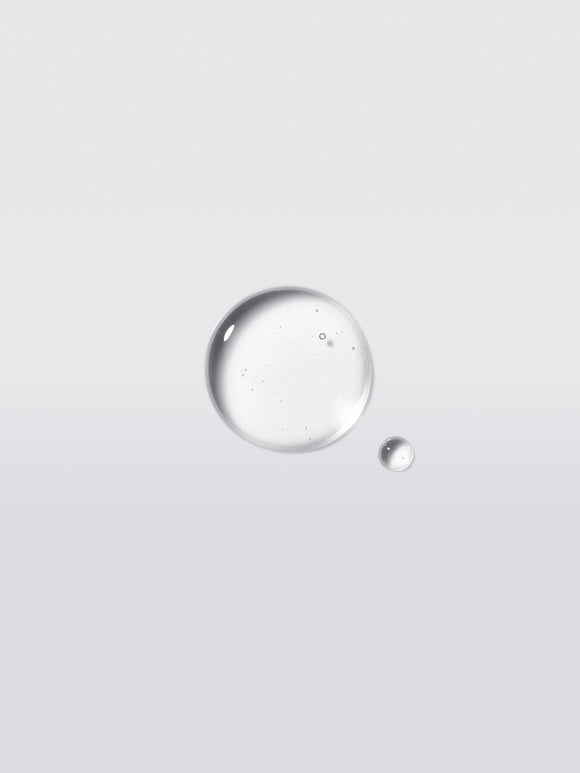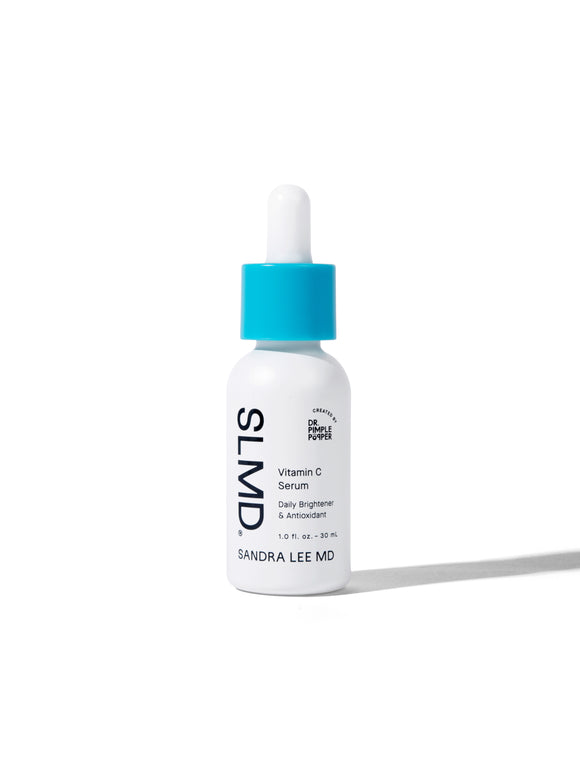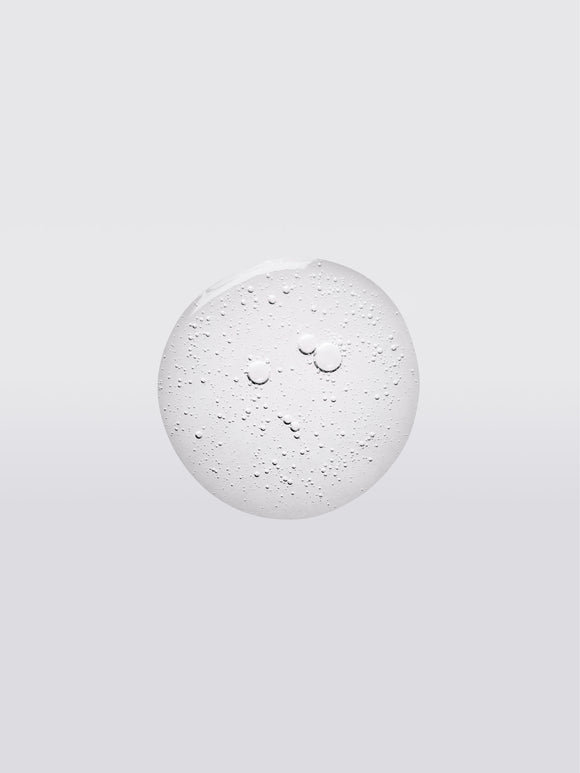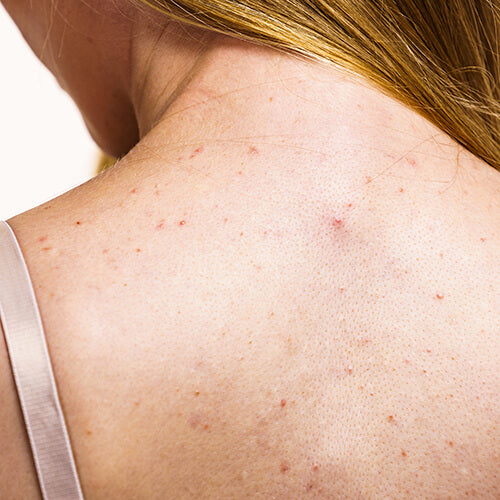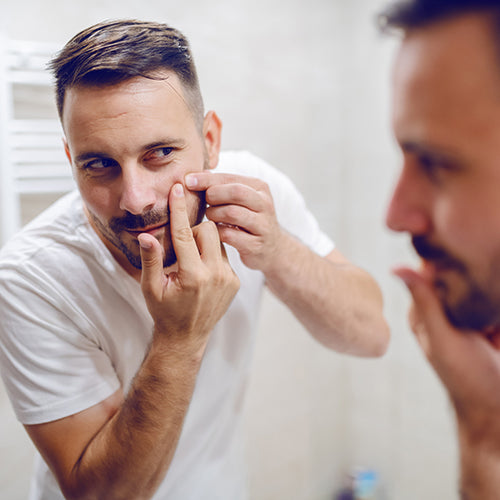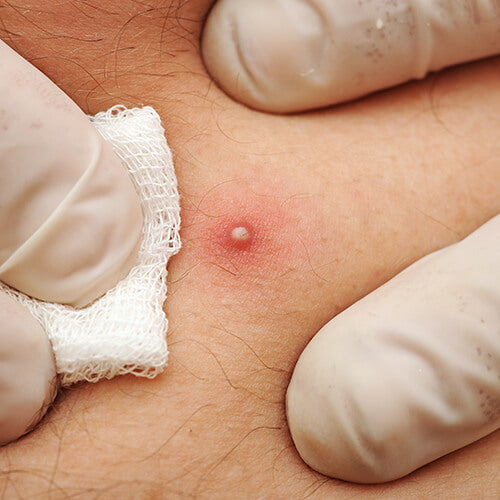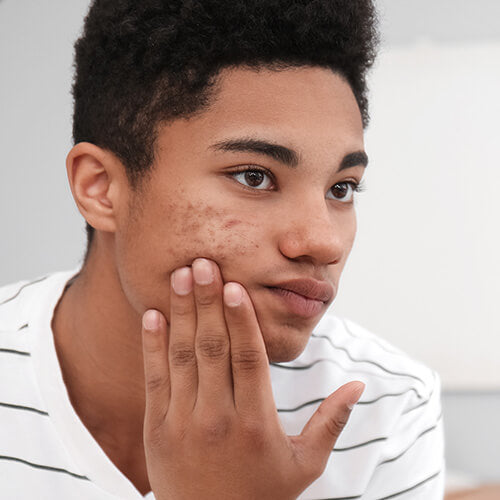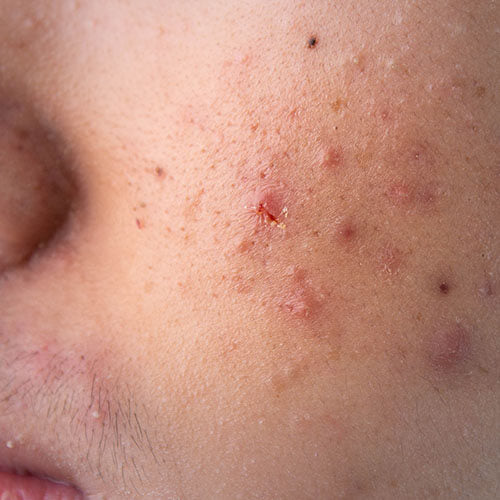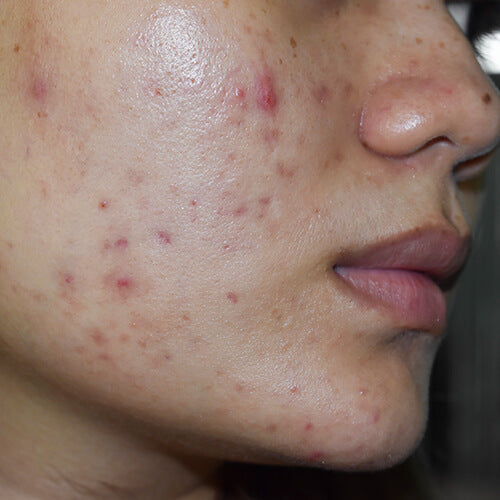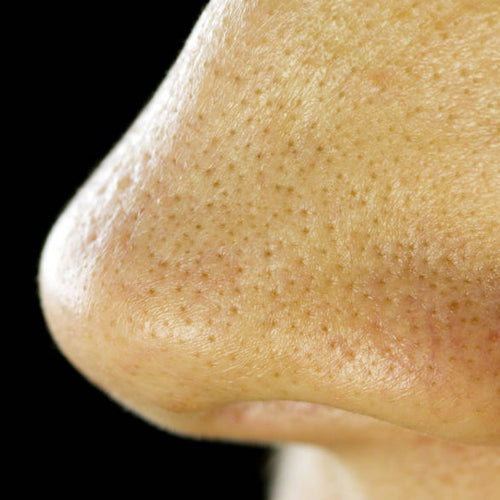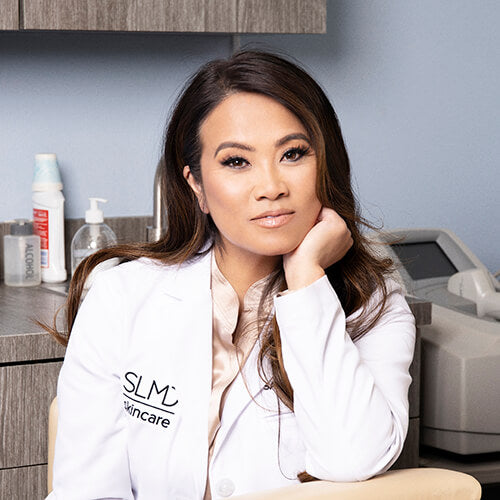
4 Questions Dermatologists Always Get Asked
Why am I still getting acne? How come pimples take so long to heal? How do I get smoother body skin? What are the best well aging ingredients? Here, Dr. Sandra Lee (aka Dr. Pimple Popper) answers these questions that dermatologists get asked all the time — and offers up her best skincare suggestions.Published:
4 minute read
We’ve all got skin — which means we’ve all got skin concerns. Wouldn’t it be nice to have our own private dermatologist on call, ready whenever a pimple pops up, or when we’re standing — overwhelmed — in the middle of the skincare aisle?
We’ve got the next-best thing: answers to some of the most common questions dermatologists get asked, courtesy of Dr. Sandra Lee, aka Dr. Pimple Popper. She also shares her favorite ingredients (and product recommendations) for tackling a handful of typical skin issues.
#1 Why am I still breaking out?
If you experienced acne as a teenager, chances are you took comfort in the idea that it was just a temporary phase. Surprise: for many adults, acne is back — and more persistent than ever. We’ve talked about the differences between teenage and adult acne before, but here’s a summary of what’s going on:
- In teens, acne is typically caused by hormonal surges, genetics, and high glycemic index foods
- In adults, acne is often linked to hormonal imbalance, chronic health conditions, and lifestyle/stress
In adult women, acne is commonly hormonal: either recurring based on the menstrual cycle, or appearing as estrogen levels drop surrounding menopause. According to Dr. Lee, the best way to manage any type of adult acne is to start with a consistent skincare regimen, and spot treat when pimples strike.
Dr. Lee's top picks:
- Salicylic acid: helps keep pores clear so they don’t become clogged/inflamed with active acne. Try Salicylic Acid Cleanser, Salicylic Acid Pimple Patches, Salicylic Acid Spot Treatment.
- Benzoyl peroxide: kills the acne-causing bacteria behind inflammatory acne and calms skin. Find it in Benzoyl Peroxide Acne Lotion, BP Body Wash, BP Acne Spot Treatment.
- Sulfur: a natural mineral ideal for sensitive skin that exfoliates and inhibits bacterial growth.
- Retinol: increases cell turnover to help prevent dead cells from clogging pores, also improves post-inflammatory hyperpigmentation (PIH). Try Retinol Resurfacing Serum.
SLMD Acne System combines these effective ingredients into an easy-to-use 3-step program that also includes a moisturizer to keep skin balanced. If you don’t see results after about 12 weeks, check in with your dermatologist for an evaluation.
#2 Why does it take so long for my pimples to heal?
This one has to do with the life cycle of a pimple — and whether or not you pick it. In the early stages, pimples fly under the radar, with follicles slowly filling up with dead skin and sebum. We don’t notice blackheads and whiteheads until they’re visible, though sometimes we feel tenderness or itching for deeper, inflammatory acne.
If left undisturbed, a pimple will typically heal on its own in about a week to ten days. However, depending on your unique skin, it may leave behind a darker mark, known as post-inflammatory hyperpigmentation. This can linger for awhile — especially when you’re older, since cell turnover is slower.
If you pick at, squeeze, or pop your pimples, says Dr. Lee, you can end up with bigger problems: infection, more pimples from bacterial spread, greater irritation/redness/swelling, and scarring. Your best bet is to spot treat (try clear patches like SLMD Salicylic Acid Pimple Patches) and keep your fingers far away.
Dr. Lee's top picks:
- Alpha and beta hydroxy acids: these help slough off dead skin cells to clear out pores and exfoliate hyperpigmented spots. Try SLMD AHA/BHA Swipes, with glycolic, lactic, and salicylic acids.
- Retinol: speeds cell turnover, which gets rid of excess melanin faster. Find it in Retinol Resurfacing Serum.
- Kojic acid: helps reduce the look of dark marks. Try Dark Spot Fix, which also contains niacinamide and salicylic acids.
#3 How do I get smoother body skin?
While body acne is quite common if you’re prone to breakouts above-the-neck, other types of body bumps and chronic rough patches can also be challenging to manage. Some of the most common causes include:
- Inflammatory disorders. Chronic conditions like eczema and psoriasis can sometimes be managed with lifestyle changes and over-the-counter skincare. Talk to your dermatologist if your condition persists — there are prescription options available.
- Keratosis pilaris (KP). Also known as “goosebump” or “chicken” skin, these rough bumps are caused by keratin buildup.
- Ingrown hairs. Occur when hair turns inward and begins growing back underneath the skin’s outer layers.
Dr. Lee's top picks:
- Colloidal oatmeal: clinically-proven to help repair the skin barrier as well as some prescription drugs.
- Glycolic acid: exfoliates dry, dead skin cells that contribute to acne, KP, and ingrown hairs alike. The 2-step Body Smoothing System is a highly effective scrub + lotion treatment.
- Hydrocortisone: an anti-inflammatory drug that relieves irritation, redness and itching.
#4 What skincare ingredients are essential for well aging?
With so many new and trendy well aging products on store shelves, it’s easy to become overwhelmed. But according to Dr. Lee, there are just a handful of dermatological ingredients that have been clinically shown to reduce the signs of premature aging.
Dr. Lee's top picks:
- Sunscreen: hands down, the #1 thing you need to use everyday to protect your skin from photoaging — the radiation damage that accounts for an estimated 80-90% of skin aging. Try SLMD Dual Defender SPF 30, which also contains antioxidants.
- Alpha and beta hydroxy acids: exfoliants like glycolic, lactic, and salicylic acids remove the dead, outer layers of skin, helping to reduce fine lines and hyperpigmentation. Try AHA/BHA Swipes and Dark Spot Fix.
- Retinol: a vitamin A derivative that speeds up cell turnover and boosts both collagen and elastin. Try Retinol Resurfacing Serum.
- Antioxidants: these free radical scavengers (like vitamins C and B3) neutralize the chemicals that can cause DNA damage within cells. Try All Bright Niacinamide Toner, and Vitamin C Serum.

Dr. Lee's Last Word
Part of why I love being a dermatologist is being able to help people navigate their healthy skin journey. Though I get asked many of the same questions over and over again, I never get tired of it because it’s exciting when people want to learn more. I founded SLMD Skincare to tackle some of those common concerns — because I believe everyone deserves access to dermatological quality skin care.




